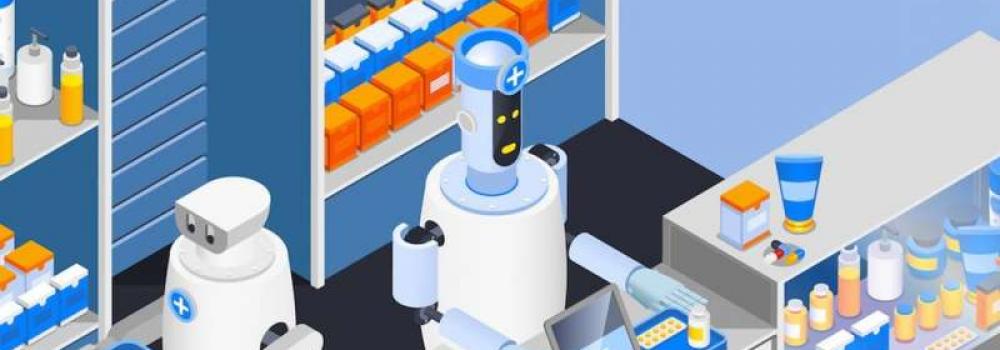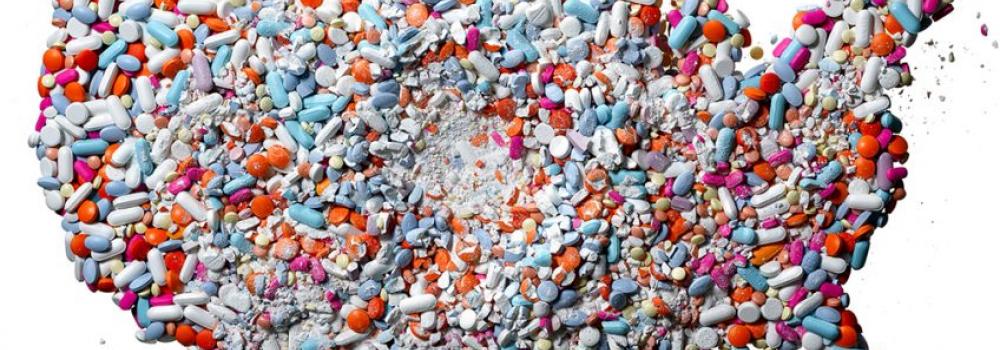Results for Health Law and Litigation
The Battle Over the ACA
The Supreme Court of the United States heard oral arguments today in the consolidated cases titled California et al. v. Texas et al. and Texas et al. v. California et al., which could determine the fate of the Affordable Care Act (“ACA”), its protections, and the health insurance coverage of 20+ million Americans. Tens of millions of Americans gained insurance coverage under the ACA, which includes popular provisions such as guaranteeing coverage for individuals with pre-existing conditions and forbidding insurers from denying them coverage or charging them more.
Social Media in the Healthcare World
Social Media is invaluable for all businesses but in the health care business it comes with many challenges. The primary reason is that patient confidentiality rules, generally called HIPAA, can prevent or seriously limit a response to a complaint or review. Also, patient solicitation rules prohibit certain types of patient outreach for some providers.
Off-Label Prescribing For COVID-19; Is It Fraud?
In several press conferences the President of the United States has been promoting the use of a malaria drug, Chloroquine, for treatment related to COVID-19. Because Chloroquine...
Can States Regulate the Behavior of PBMS? The Supreme Court Will Decide.
Pharmacy Benefit Managers (PBMs) control pharmacy networks for a number of insurers and there are not that many PBMs, so a PBM contract is the sole gateway to a number of insurers for pharmacy service claims. However, the PBM role is not merely processing claims; they hold a great amount of power over pharmacies because PBMs set payment criteria and policies.
New Bill Would Allow Automated Pharmacy Machines
A Bill being considered by the Florida Legislature would allow for the use of automated pharmacy dispensing, allowing pharmacies to use what essentially amounts to vending machines to dispense medications. CS/CS/HB 59: Automated Pharmacy Systems would allow community pharmacies to locate machines at medical offices, employers or other locations outside of the pharmacy in order to provide convenience to patients to obtain their medications.
How Electronic Data Makes It Easier To Commit Health Care Fraud
According to an investigation by Pro Publica, the system for assigning National Provider Identifier (NPI), the gateway to obtaining billing privileges for federal health care programs and private insurance, makes it fairly simple to commit fraud. The reason is nobody actually checks the credentials of those applying for an NPI number.
Medicare Risk Adjustment and Mental Health – Fraud Concerns Reduce Possible Payments
Although the goal of providing care is the same regardless of the payment arrangement, often the payment model requires different approaches to how that care is both provided and particularly how health services are documented. The underlying payment rationale of managed care and Medicare Advantage plans is providers are reimbursed for value and outcomes rather than the volume of services.
Federal Weapon In The Opioid Crisis – Civil Penalties
The DEA and the US Attorneys enforcing health care laws routinely use criminal prosecutions and administrative actions. Less routinely does the government use civil courts. The governmental decision-making as to what constitutes a crime as opposed to an administrative or civil action is often blurry and can confound anyone who tries to determine why some cases are pursued one way and some another.
Does SB 732 Require Physicians Practicing At Surgical Centers To Have Insurance?
On June 25, 2019 the Governor of Florida approved SB 732, a new statute modifying the rules related to office surgery and surgical centers. The question many bare doctors in Florida are asking is whether SB 732 requires doctors working at surgical centers to carry malpractice insurance. The answer is no it does not.







